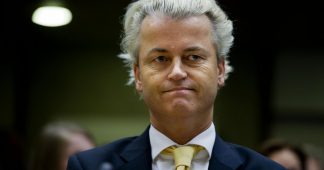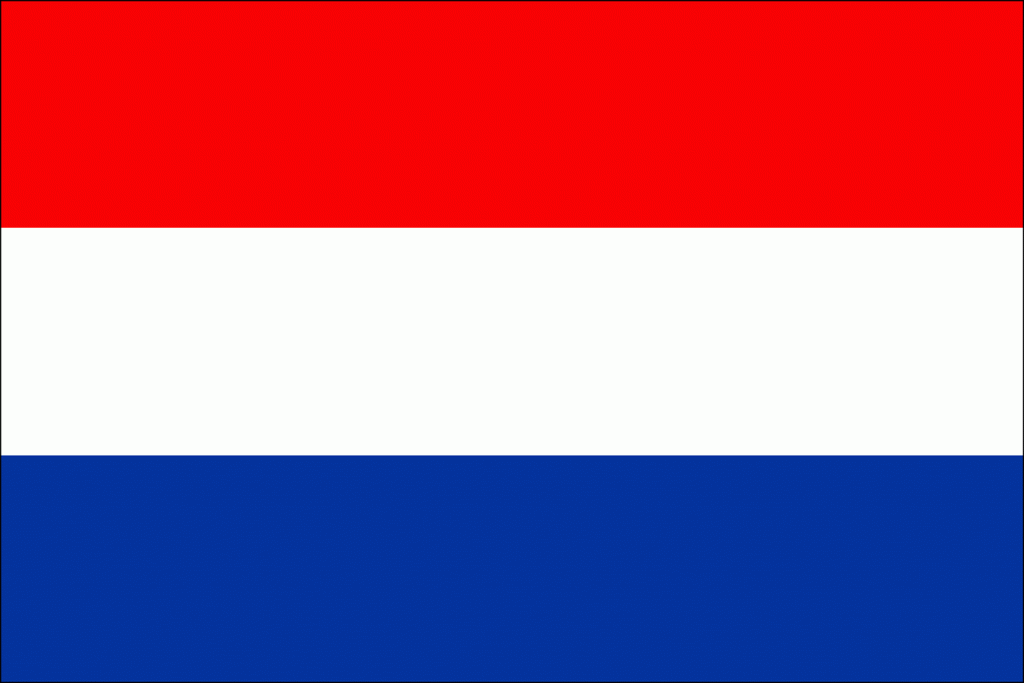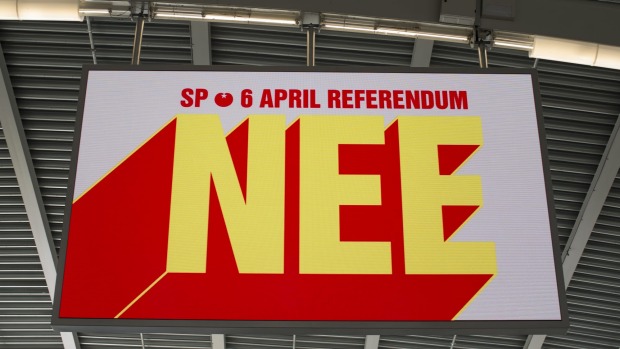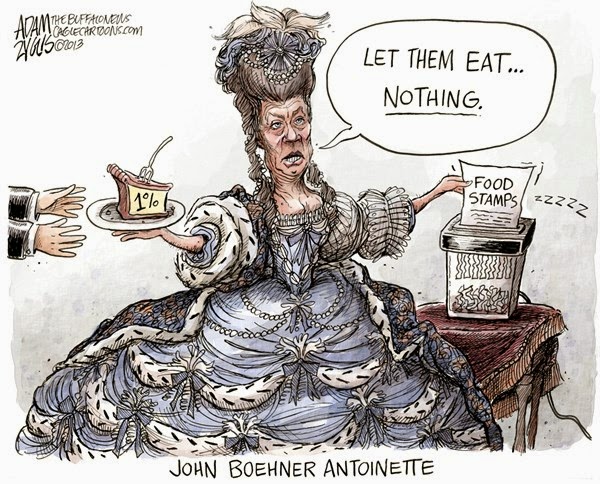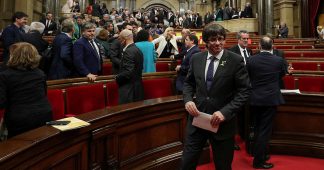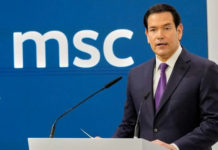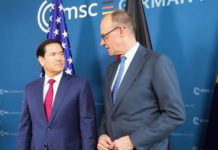December 11, 2017
This article is a translation of “Wordt MH17 ons 9/11? (28) Waarom de enige criticus van de Nederlandse regering tot zwijgen werd gebracht“
Mid November the Dutch parliamentarian, Pieter Omtzigt (Christian Democrat), came under fire for allegedly having stage-managed, at a meeting at the Free University in Amsterdam, the statement of a witness contradicting the official explanation of the downing of Flight MH17. A text message in which Omtzigt made a helpful suggestion to the witness how to summarise his story given that he would get one minute at best, was passed on to the Dutch daily, NRC Handelsblad, which raised the issue of the MP’s credibility and called for his resignation.
This was not only a way of getting rid of the one parliamentarian who has consistently demanded of the Dutch government that it live up to the Prime Minister’s vow to get to the bottom of the MH17 affair. Omtzigt was also his party’s spokesman on tax matters, pensions, and the euro and there he was an even greater liability to the powers that be. This is why after half a year, his courtesy towards an Ukrainian man was suddenly turned into something close to treason.
When the MH17 meeting at the Free University happened in May last, the Dutch general election results were only two months old and no new government had yet been formed. The video of the witness making his statement (he was primarily interested in obtaining asylum in the Netherlands, or so it seemed) was circulated without causing any concern. The claim that one or more jet fighters had been spotted near MH17 had been made many times before and by far more reliable witnesses; in this case it was not even the man himself but has wife who had seen the planes.
Now fast-forward to November, when NRC Handelsblad came with its ‘scoop’, six months after the fact. After a tortuous cabinet formation taking all summer and comfortably interrupted by full holidays taken, there now was a government of mainstream Liberals, neoliberals, Christian Democrats and Christian fundamentalists (who actually held up the negotiations for another week because their leader had to attend a rock concert in Germany). This coalition only had 76 seats, a majority of one. It also surprised the nation with an announcement that it would scrap the dividend tax, a gift to business of 1.4 billion euros per year—although none of the coalition partners had proposed this in their election manifestoes.
However, as Marx famously put it in the Communist Manifesto, the government is only a committee for handling the day-to-day affairs of the capitalist class; and in their plans, scrapping the dividend tax had long been on the agenda.
In 2009, the head of the Dutch employers’ organisation VNO-NCW presented a report to the then-prime minister (a Christian Democrat) about the importance of having head offices located here and the need to abolish the dividend tax in addition to the many already existing tax advantages the country offers. These have made the Netherlands the single most important transit point of money seeking refuge in tax havens.
At any rate the Ministry of Finance advised against scrapping the tax, as recently revealed in a report by the investigative group SOMO.
In 2014 it was the American Chamber of Commerce in the Netherlands that asked the Dutch state secretary of finance to abolish the dividend tax, but again the Ministry advised against it, warning it would cost even 1.6 billion euros and mainly benefit foreign owners. However, continuing revelations about tax evasion and public concern led the EU and the OECD to prepare measures against it, which might affect the Dutch role as a fiscal transit point. Prime minister Rutte (Liberal) on 19 May 2015 at a high level dinner in his residence discussed how the Netherlands might tackle the expected obstacles. Then in April 2016, Shell expressly called for scrapping the dividend tax again if further exploitation of Dutch gas reserves was to take place in a favourable business climate.
After the Dutch elections, in which as noted, the dividend tax was not mentioned, the American Chamber of Commerce (in which many Dutch companies, including Shell, are also represented) again raised the issue of the dividend tax. In an investors’ report in May, whilst cabinet formation negotiations were going on, it praised the Dutch tax regime but warned that the Netherlands began to lag behind in lowering corporate taxes. A new government should therefore give a clear signal to foreign investors that it was moving the goalposts further.. Then came the announcement of the new Rutte III government that it would scrap the dividend tax per January 2019. Widespread public debate followed.
This takes us back to Pieter Omtzigt, his party’s spokesman on MH17 and on tax matters. In the Second Chamber’s debate on public finances on 8 November, Omtzigt was besieged by other MP’s after he announced that he would speak out as critically about the government’s ‘interesting plans’ as he had done as an opposition MP. He expressly stated that in this respect the Constitution makes no difference between an MP of the governing coalition or an opposition member. This promptly brought him under fire from the spokeswoman of the opposition Socialist Party (the largest Left formation after the decimation of the mainstream Social Democrats) with the express invitation to reinforce the opposition’s 74 members on the issue of the dividend tax. After she led the attack, other MP’s joined in, all focusing on Omtzigt as if he on his own represented the new government.
After Omtzigt deflected the dividend tax issue as a cabinet matter, he shifted to the ‘Paradise Papers’ tax evasion issue. On page 39 of the official transcript of the proceedings he says that the half-yearly report on tax evasion by Dutch residents, which should have been deposited in the central database per 1 January 2017 (under the old government), had been missed and that he keenl awaits further steps under the treaty which prescribes exchange of tax evasion data. In other words, he announces he will not shrink from attacking the government’s policy on tax evasion should it fail to tackle the issue.
Was this was the drop that made the bucket overflow? For within days, NRC Handelsblad, the mouthpiece of the Liberal party, began what can only be considered a character assassination of this, one of our finest parliamentarians. By unearthing a half-year-old issue of no consequence they also got rid of an MH17 critic who had been stubbornly following the government in its obvious attempt to kick the issue into the long grass. Meanwhile his own Christian Democratic fraction leader, instead of defending Omtzigt, chose to stoke the flames of paranoia about ‘Russian meddling’ in Dutch affairs, thus heightening the climate of suspicion in which the campaign against Omtzigt had been made possible in the first place. The victim could do little else but officially declare he would no longer be the spokesman on the MH17 portfolio.
But let one think this means the case is closed. More will follow.
Kees van der Pijl (with thanks to Babette U.)

